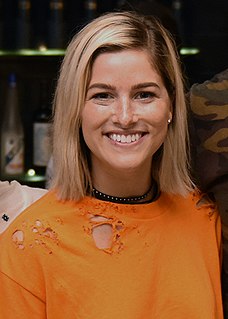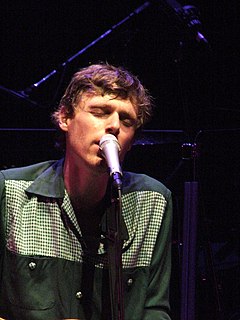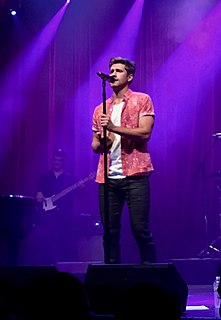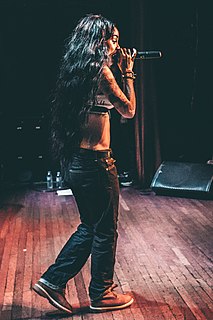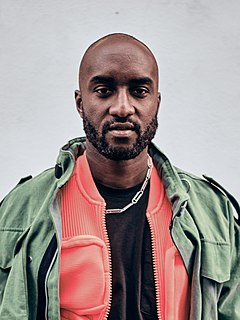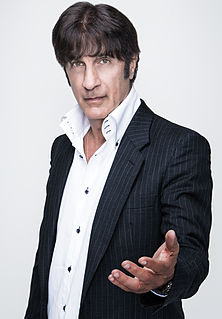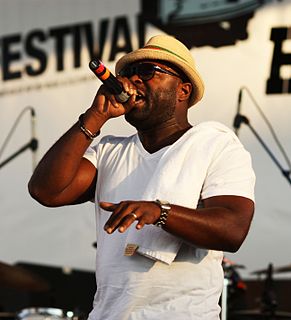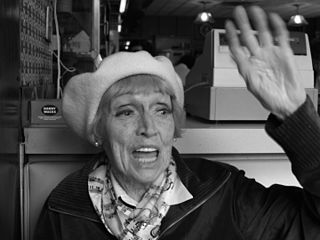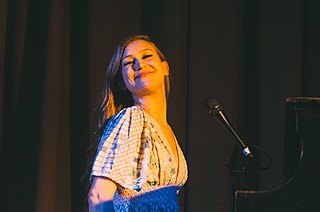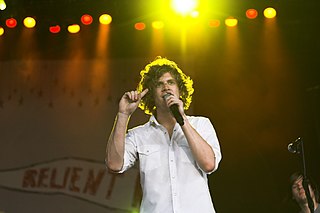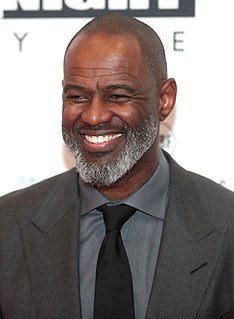A Quote by Maren Morris
I missed being onstage behind the microphone. After a while, it was hard to hear another voice singing my lyrics.
Related Quotes
You start singing by singing what you hear. So everyone, when they first start singing, they naturally are singing like whatever they're hearing, because that's the only way you learned how to sing. So when I was growing up on Lauryn Hill, when I started singing her songs, I literally trained my voice to be able to do runs.
If you go and watch a Coldplay show, Chris Martin used to be a little timid onstage, but now the success that the band has had really gives him a lot of confidence to really own it. Also, I really admire the way that Ben Gibbard sings live, he just stays on pitch. That is something that I try to do. I don't have the greatest voice in the world, so I just try to think real hard while I'm singing and just do a good job.

